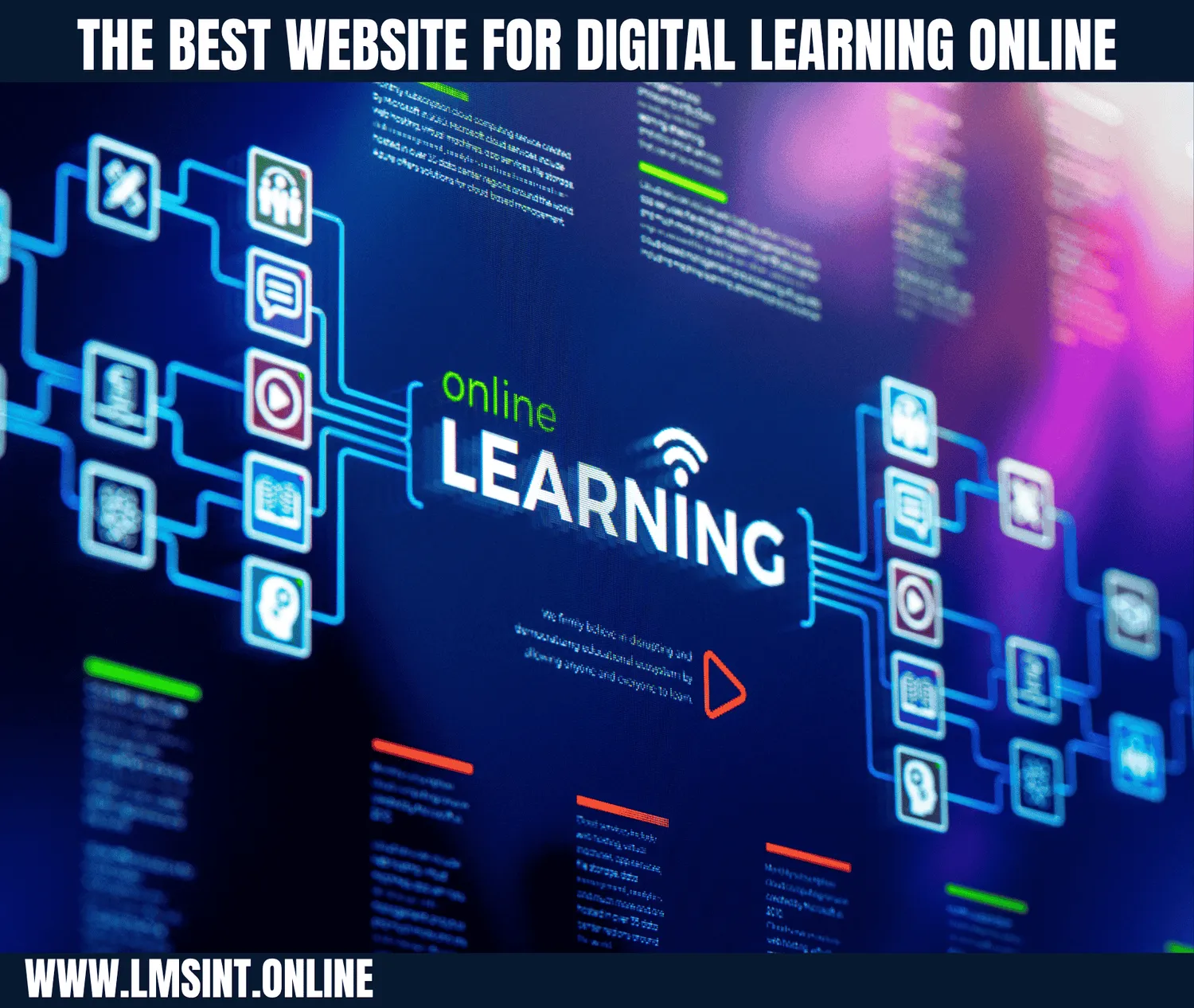
Artificial Intelligence has steadily moved from being a futuristic idea to becoming the backbone of innovation in multiple industries, including education. Today, AI is redefining how we teach, learn, and manage online learning environments. When integrated with modern E-Learning Platforms, AI-powered systems are making digital education smarter, more personalized, and remarkably efficient.
The growing popularity of AI-driven learning management systems (LMS) isn’t just about automating tasks—it’s about transforming the entire learning experience. From adaptive learning paths to intelligent grading, AI in LMS is making education more intuitive and responsive to each learner’s needs.
Understanding AI in LMS
AI in Learning Management Systems refers to the use of algorithms and machine learning models that analyze data, understand learner behavior, and deliver customized learning experiences. Instead of providing a one-size-fits-all approach, AI allows platforms to recognize patterns, predict learner performance, and recommend content that matches the learner’s individual pace and goals.
This integration helps educators manage large groups of students without compromising on personalized support. By embedding AI features, E-Learning Platforms can offer predictive analytics, voice assistance, and smart tutoring systems that guide learners in real-time.
Personalization: The Heart of AI Learning Systems
Traditional classroom teaching often struggles to cater to the unique pace and style of every student. AI, however, makes personalization effortless. It assesses each learner’s progress, identifies knowledge gaps, and recommends targeted content. This means a student struggling with a particular topic receives more exercises or videos focused on that area, while advanced learners can move on to more challenging material.
This dynamic, data-driven personalization ensures that every learner experiences education tailored to their needs. For corporate training, this feature can optimize employee upskilling by identifying strengths and improvement areas with high accuracy.
Automating Educator Tasks for Efficiency
Educators often spend hours grading assignments, tracking attendance, and managing administrative tasks. AI automates these processes, freeing up instructors to focus on meaningful teaching. LMS systems equipped with AI can auto-grade quizzes, monitor participation, and even provide instant feedback.
For example, AI-driven assessments not only evaluate right or wrong answers but can also analyze writing patterns and comprehension depth. Some systems even detect plagiarism or flag unusual performance trends, ensuring integrity in assessments.
Predictive Analytics: Forecasting Success and Struggles
One of the most powerful benefits of AI in LMS is predictive analytics. By analyzing learner data—such as time spent on modules, quiz results, and participation rates—AI can predict which learners are at risk of falling behind.
This allows instructors to intervene early and provide additional support or alternative materials before a learner disengages. Predictive analytics also help administrators and institutions identify which courses or training programs yield the best results, allowing for data-informed decisions in curriculum design.
Smarter Content Delivery and Adaptive Learning
AI-driven LMS platforms don’t just store and deliver content—they optimize it. Using algorithms, AI tracks which materials engage learners the most and adjusts delivery accordingly. This leads to adaptive learning paths where the system determines what the learner should study next based on performance and interest.
Interactive elements, such as chatbots and virtual tutors, also enhance engagement. These tools can answer student questions, suggest new lessons, and offer reminders—all in real-time. This approach mimics a human teaching assistant, providing 24/7 accessibility.
Enhanced Engagement Through Gamification
AI and gamification work hand in hand to make online learning more engaging. Gamified LMS features like leaderboards, challenges, and badges keep learners motivated. With AI analyzing behavior, these systems can adjust difficulty levels or reward patterns to maintain engagement and encourage consistent participation.
Gamification supported by AI isn’t just fun—it’s strategic. It leverages behavioral data to create motivation loops that promote active learning and better retention rates.
AI-Powered Assessment and Feedback
Instant, meaningful feedback plays a crucial role in effective learning. AI ensures learners receive detailed insights right after completing tasks, helping them understand their mistakes and areas for improvement. AI-driven feedback can analyze open-ended answers and provide qualitative responses, something that would otherwise take educators considerable time.
For educators, these insights create opportunities for better mentoring. They can review aggregated data to understand overall class performance and adapt their teaching strategies accordingly.
The Role of Natural Language Processing (NLP)
AI’s natural language processing capabilities are redefining communication within LMS environments. Chatbots powered by NLP can hold conversations, answer FAQs, and guide learners through technical or course-related queries. Additionally, NLP enhances accessibility through features like real-time translation and speech-to-text, ensuring inclusivity for learners of different backgrounds and abilities.
AI and the Future of Data Security in LMS
With the increased use of AI, data protection becomes more critical. Modern LMS platforms are implementing AI-powered security tools that detect suspicious activities, protect personal data, and prevent unauthorized access. This not only strengthens privacy standards but also boosts learner trust in digital education systems.
Preparing for the AI-Driven Future of Learning
As AI continues to evolve, its influence on LMS design and functionality will grow stronger. Educators and institutions adopting these intelligent tools now are better positioned to lead the future of education. From smarter analytics to fully adaptive learning systems, AI is paving the way for a new era of online education that prioritizes engagement, personalization, and measurable results.
The integration of AI within E-Learning Platforms marks a pivotal shift from traditional education models to data-driven, student-centric learning. As technology advances, the role of AI will only deepen—turning digital classrooms into ecosystems of continuous learning, innovation, and growth.